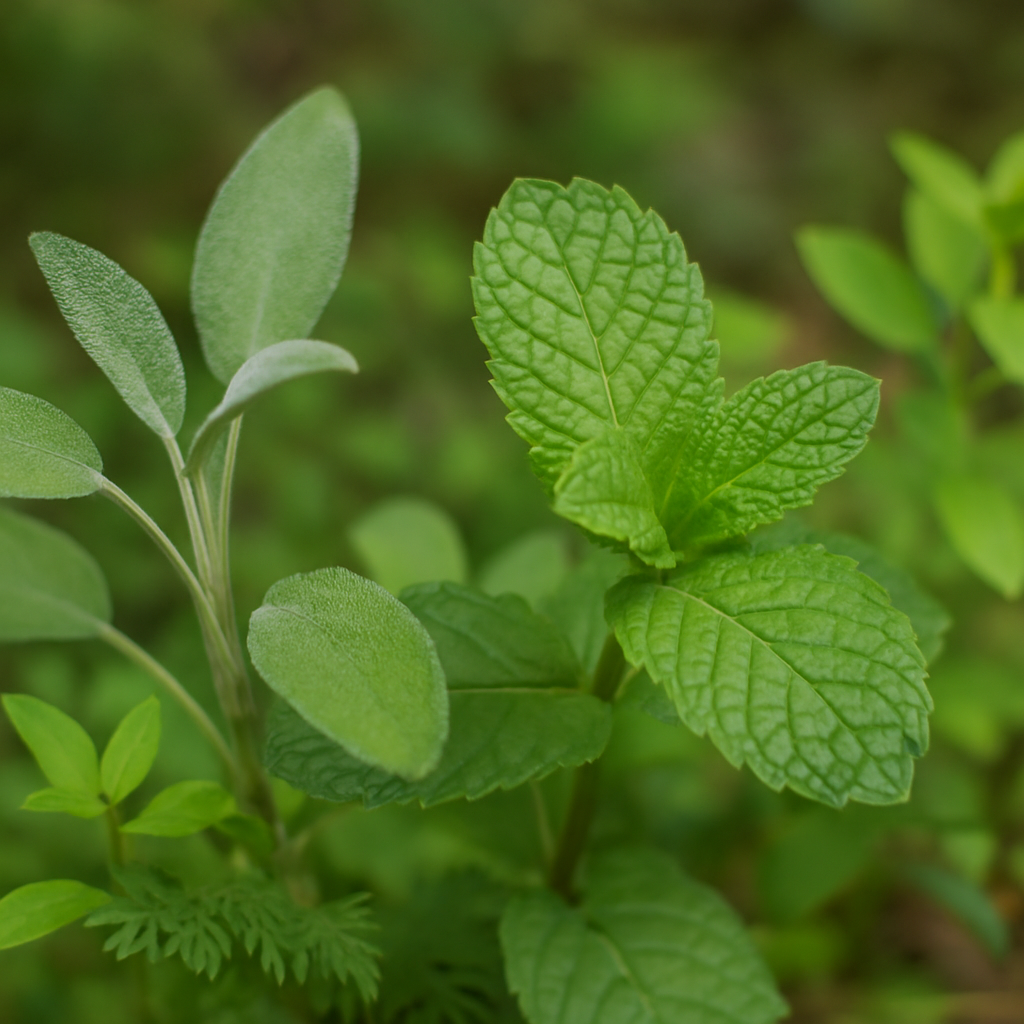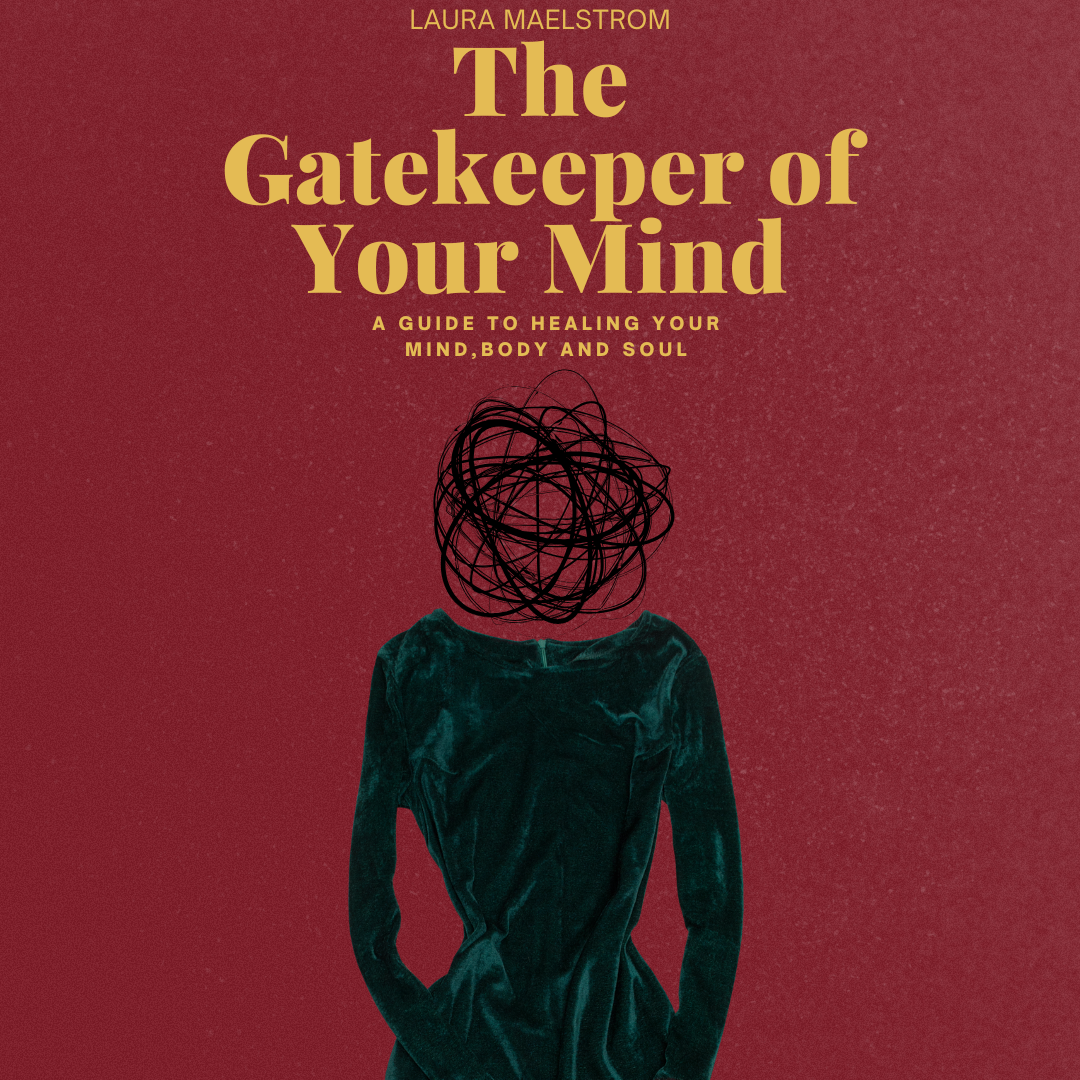Natural Remedies for Depression: How to Support Your Mental Health Holistically

Natural Remedies for Depression: How to Support Your Mental Health Holistically
Understanding Depression Beyond the Stereotypes
Depression is a debilitating and challenging thing to suffer from; it is, by definition, a mental health issue that is self-perpetuating and very hard to get out of. Most people who have not suffered depression seem to believe that it is just a case of 'feeling blue', but those who have borne the pain of a life with depression would know that it is more like abject numbness, a loss of energy, a total dismay at all life and a complete inability to be able to motivate yourself to do anything. Depression is a tricky subject. When you're in the grips of a relapse, well-meaning advice from friends or family can be more than irritating and less than helpful, at best. Irritability, exhaustion, insomnia and various physical symptoms like aches, nausea and headaches, combined with anxiety, shame, guilt and self-deprecation, the negative cycle can become overwhelming to the point that one can see no way out. At this stage, many people often seek sources of instant gratification to make themselves feel better, such as food, sex, alcohol and drugs. Still, these flimsy plasters [bandaids] on a gaping wound do little but compound the issue and make the sufferer feel worse in the long run. So, how can you help yourself when the 'Black Dog' strikes? Well, as a past sufferer of depression, I have compiled for you a tried-and-tested list of natural remedies, simple actions and processes to see you back on your way to good mental health.
Nutrition and Foods That Help Depression
You are what you eat, as the saying goes. I'm going to start with food first and foremost, as I feel it is one of the most overlooked treatments for depression. When you're suffering with depression, it is far too easy to reach for chocolate and comfort food, or worse, call a takeaway - other people can go the opposite way and give up food entirely. Whether over- or under-eating, it is the worst thing you can do. Nutrition is a key aid to giving depression the 'heave-ho', certain foods are great to eat to try to ease depression specifically, but the most important thing is to eat a balanced and whole-food based diet. This advice is not to be taken lightly, bad 'food-like products' are a waste of space, nutritionally speaking. They are also full of chemicals that are not healthy. Start by just integrating more vegetables and fresh fruits into your diet, maybe aim to up your 'normal' diet with one extra portion a day, start small and keep making little changes, before you know it, you're clean eating and feeling much better. I will be writing a list of the powerhouse foods for helping depression, so keep an eye on Free and Healthy for that!
The Power of Exercise for Mental Health
Exercise is vital for a happy mind. Trust me, I know how hard it is to get out of bed when the 'black dog' is bearing down on you, but you must force yourself up and just get moving; any type of activity will help you.
If you are in the grips of depression then just aim to get up and move for 5 mins, if you can get out for a short and fast walk, then do that, if you're suffering from agoraphobia or anxiety, then getting outside can be difficult, try putting on a song that you can't help but move to and just dance your butt off for the entire song. Cleaning can be very cathartic, but be aware that it can turn into a coping strategy or become obsessive or compulsive.
Sunshine, Nature & Seasonal Affective Disorder (SAD)
Nature is a great healer; just getting outside and lying on the grass in the sunshine can be amazing for depression. Obviously, during the winter in the UK, you're unlikely to want to do that, but try and get outside during daylight hours and go for a walk. If you suffer from S.A.D. (Seasonal Affective Disorder), a season-specific depression which comes on during late Autumn and tends to hang around until Spring, getting outside can be really helpful for easing SAD. SAD is caused by a lack of sunlight, which can cause depression. It is better to begin treatment before the symptoms occur. Using Vitamin D3 can be a great way to help ease the symptoms and ease seasonal depression. (1)
B Vitamins and Niacin for Depression
B vitamins are a really important place to start, especially if you're vegetarian or vegan, although B12 deficiency isn't non-meat-eater specific. Studies have shown that high doses of Niacin can be as effective in the self-treatment of depression. Non-Specific depression, a term I use for depression that occurs with no cause, i.e. a bereavement, loss of job, breakdown of a relationship, etc., could be caused by something as simple as a B vit. deficiency, or a lack of light (S.A.D.), etc. In a world where we are far too often and far too quickly being prescribed medications like sleeping tablets and antidepressants, I would heartily recommend trying to treat yourself through a holistic approach first. Of course, please use your sense. If you're suicidal and cannot cope, please seek help and advice from your GP, but there is no reason you can't start to incorporate some of these ideas into your life. There is good evidence to support the use of 3g of Niacin on a daily basis to support and aid not only people with depression but also people suffering from arthritis and alcoholism. Niacin is an amino acid that is made from tryptophan, a substance that has long been heralded as having calming effects and aiding sleep. Please be aware that when taking Niacin, you can get a 'flush' reaction, which is where you get some tingling and red flushing, normally starting in the forehead and face area. This is normal, but if it is causing you concern or discomfort, you can buy non-flushing Niacin. Doctor Hoffer offers this advice in regards to the side effects of Niacin,
"The following factors decrease the intensity of the flush: a cold meal, taking it after a meal, taking aspirin before, and using an antihistamine in advance. The following factors make the flush more intense: a hot meal, a hot drink, an empty stomach, chewing the tablets and the rate at which the tablets break down in liquid. "(2)
Herbal Remedies for Depression and Anxiety
There are certain herbal remedies that can be very successful in alleviating the symptoms of depression, even just 'The Blues'.
- Valerian, Hops, Passion flower: These herbs are great if you suffer from anxiety or insomnia. Taking low doses during the day can curb that fight-or-flight reaction, and at night, you can take them to help you drift into a natural sleep.
- St. John’s Wort (Hypericum Perforatum): This is a yellow flower that you will often find in gardens around the UK., It is a great herb to use in the treatment of depression and anxiety. In blind tests, it has been seen to be as effective as some antidepressants, and it is a lot safer and with fewer side effects. (3)
You should not take St. John’s Wort with other antidepressants, serotonergics or ADHD medication. Please also be aware that it can reduce the effectiveness of some contraceptives, so it is wise to use another method when using St. John’s Wort. St. John’s Wort can also increase the potency of sedatives, so be aware of this and if affected, do not drive, etc., or discontinue use.
References:
1:http://articles.mercola.com/sites/articles/archive/2015/02/1...
2: http://www.doctoryourself.com/hoffer_niacin.html
3: http://www.nhs.uk/news/2008/10October/Pages/StJohn'swortanddepression.aspx
✨ Ready to go deeper?
Discover more powerful techniques like the Raincloud Meditation in my book The Gatekeeper of Your Mind. Learn how to free yourself from overthinking, reconnect with your true self, and live with clarity and confidence.
👉 [Grab your copy here] — your journey to freedom begins now.

